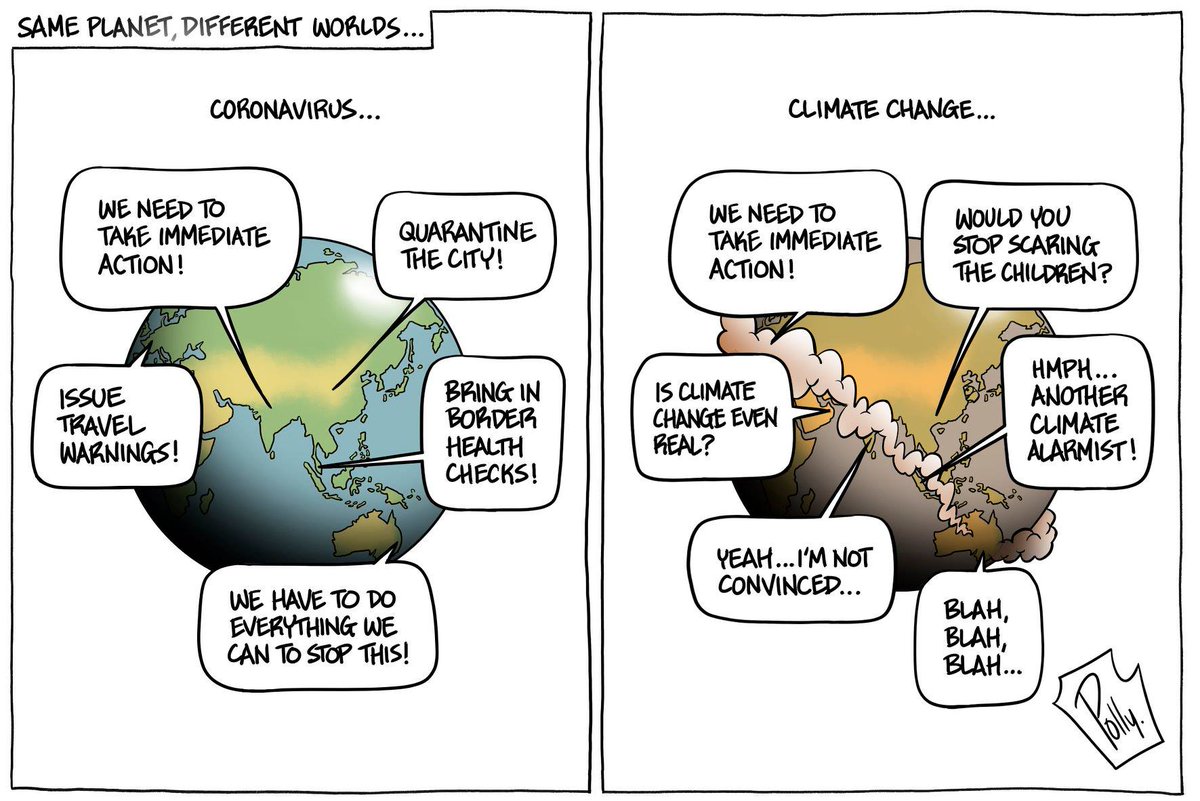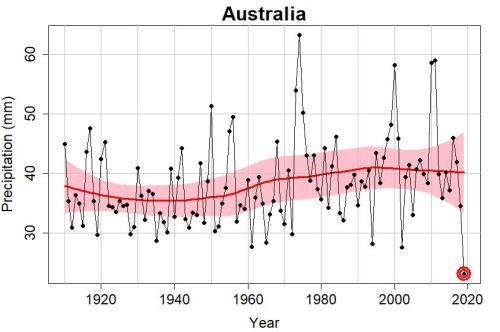
CIP read
Homo Deus but
didn't really review it. I however am fearless. I was glad to get a chance to read this (it came as a Christmas present, welcomely as a second-hand book) because I'd heard good things about Sapiens. I haven't read that, so I don't know if much of this is recycled from that, but it somewhat feels like it is. However, I didn't get on with it: sorry.
The main point is that it is
fat. Bloated. Obese. 100 pages in and he has barely said anything; a page or two would have sufficed. And the few things he has said are unexciting.
He's also careless. Planck is made to say "science advances one funeral at a time" on p 30. But he didn't say that. He said
Eine neue wissenschaftliche Wahrheit pflegt sich nicht in der Weise durchzusetzen, daß ihre Gegner überzeugt werden und sich als belehrt erklären, sondern vielmehr dadurch, daß ihre Gegner allmählich aussterben und daß die heranwachsende Generation von vornherein mit der Wahrheit vertraut gemacht ist whose English equivalent is
A new scientific truth does not triumph by convincing its opponents and making them see the light, but rather because its opponents eventually die, and a new generation grows up that is familiar with it. This is trivial but suggests that his scholarship, whilst wide, is shallow.
On p 106 he cites
Numbers 28 for the statement that the old Jewish temples were swarming with black flies. Of course, that verse says nothing to that effect. And notice what a cheap reference that is; there are many many other statements he makes that should be reffed, in anything vaguely scholarly, but he doesn't. He only tosses off the odd cheap reference, presumably to look good.
Around p 119 there's a jejune
1 discussion of why evolution tends to inflame the passions more than relativity, which (characteristically) he broad-brushes into the untrue "no-one gets angry about relativity". Evolution, he brilliantly deduces, inflames people because it is incompatible with having a soul. But of course it isn't (he knows this; on p 122 he comes close to admitting it; but when you're writing at the rate he is, and when you outrank your publisher's reviewer, you're not going to go back and correct your flow).
Part, perhaps much, of the bloat comes from our author being interested in many things, and insisting on weaving those things in, even when he has nothing to say. From p 123 we get a multi-page disquisition into consciousness, which amounts to little other than "we don't know how it works".
He isn't very interested in science, and shows it about as much respect as the Watties. We repeatedly hear about "current scientific dogma" (e.g. p 139). Or "classical economic theories maintain that humans are rational calculating machines" (p 163) - a regrettably unoriginal piece of drivel.
And so ends part 1. Part 2 starts by saying that humanism is the worship of mankind. This is stupid. Probably, he is just trolling. But he needs to do better; he hasn't got much more credit and I will be giving up soon... ah, his trick is becoming clearer. Perhaps it was worth reading: his defn of "religion" is "to believe in a system of moral laws that wasn't invented by humans but that humans must nevertheless obey" (p 213). But this is a poor trick, and doesn't justify his use of the word "worship". I think... I "believe in" a system of moral laws that
was "invented" by humans, though that might depend on how you define the word "invented". So even by his rather creative defn, I'm still not religious. Phew.
On p 222, he tells us confidently that the pope never makes a mistake. This is nonsense. As
the good book sayeth,
Papal infallibility is a dogma of the Catholic Church that states that, in virtue of the promise of Jesus to Peter, the Pope is preserved from the possibility of error "when, in the exercise of his office as shepherd and teacher of all Christians, in virtue of his supreme apostolic authority, he defines a doctrine concerning faith or morals to be held by the whole Church."[1] Infallibility is, according to the New Catholic Encyclopedia, "more than a simple, de facto absence of error. It is a positive perfection, ruling out the possibility of error".[2]
At that point, I gave up. Looking for a review, I find
the Economist:
Although there is plenty to admire in the ambitious scope of this book, ultimately it is a glib work, full of corner-cutting sleights of hand and unsatisfactory generalisations. Mr Harari has a tendency towards scientific name-dropping—words like biotech, nanotechnology and artificial intelligence abound—but he rarely engages with these topics in any serious way. Instead, he races along in a slick flow of TED-talk prose. Holes in his arguments blur like the spokes of a spinning wheel, giving an illusion of solidity but no more. When the reader stops to think, “Homo Deus” is suddenly less convincing, its air of super-confidence seductive but misleading.
Yup.
Notes
1. I like the word, and I've used "shallow" already.
2. Pic:
New Year's Day 10k erg. I was trying.
Refs
* Ho ho ho:
California Wanted to Protect Uber Drivers. Now It May Hurt Freelancers.








 From
From 